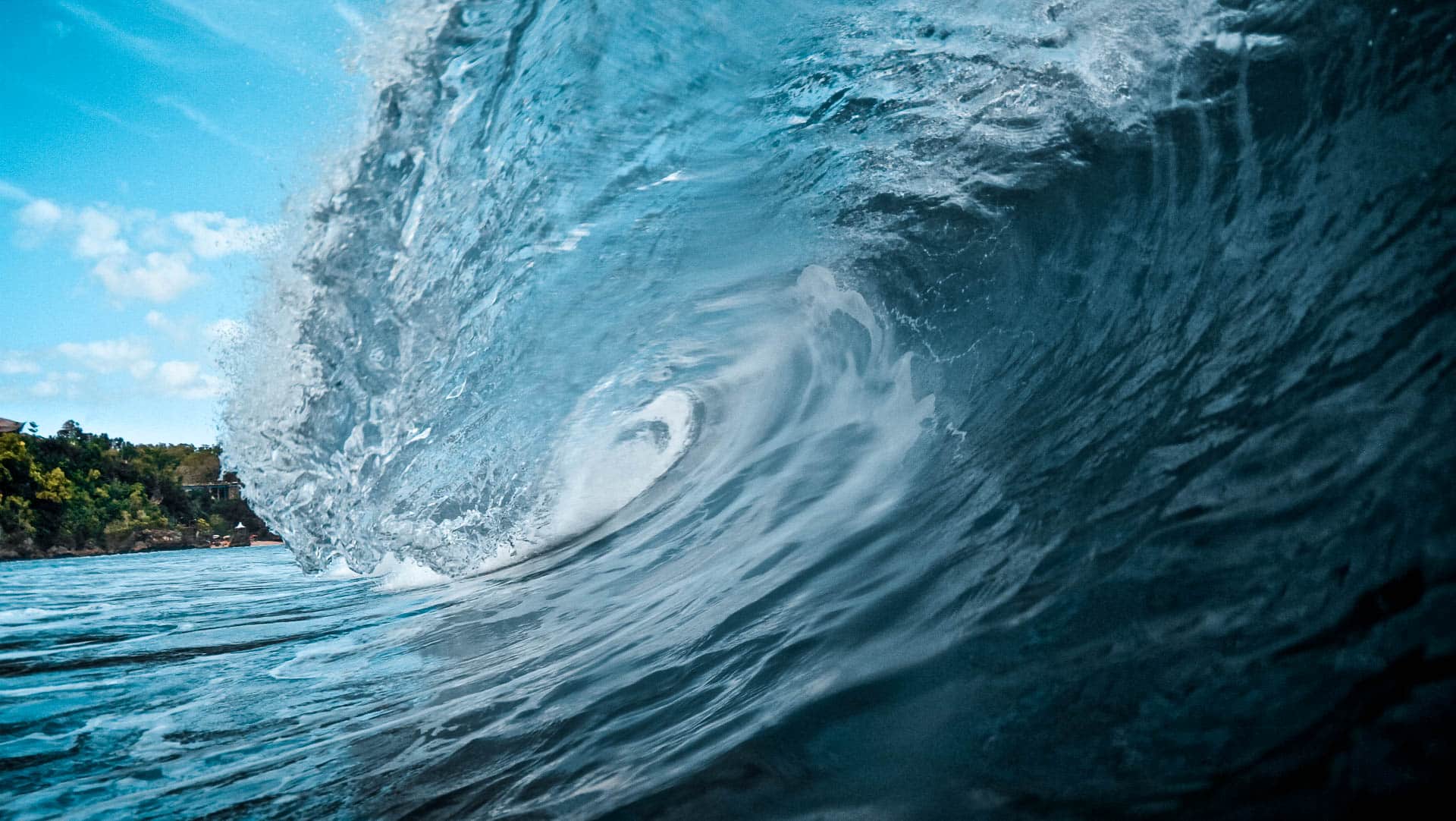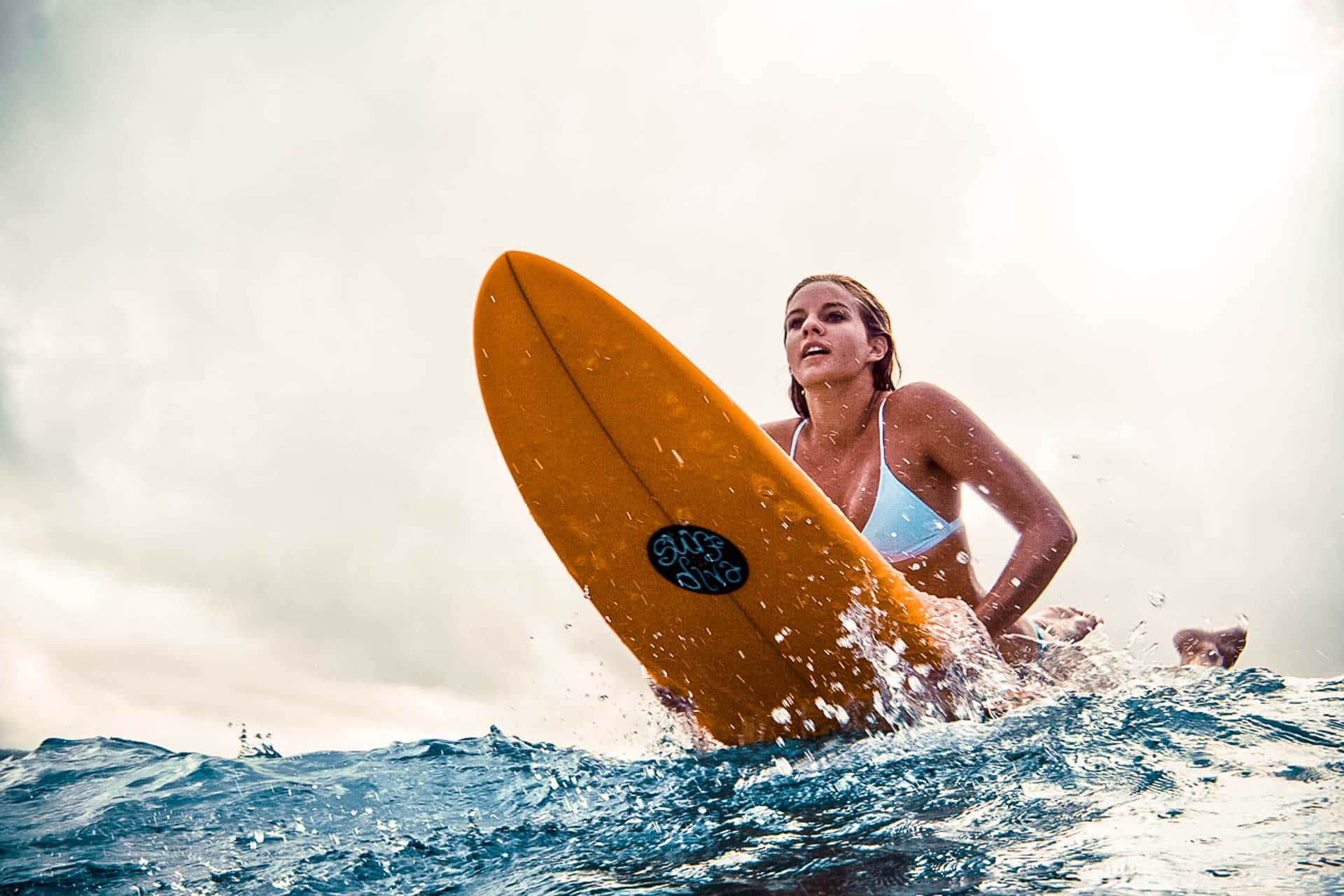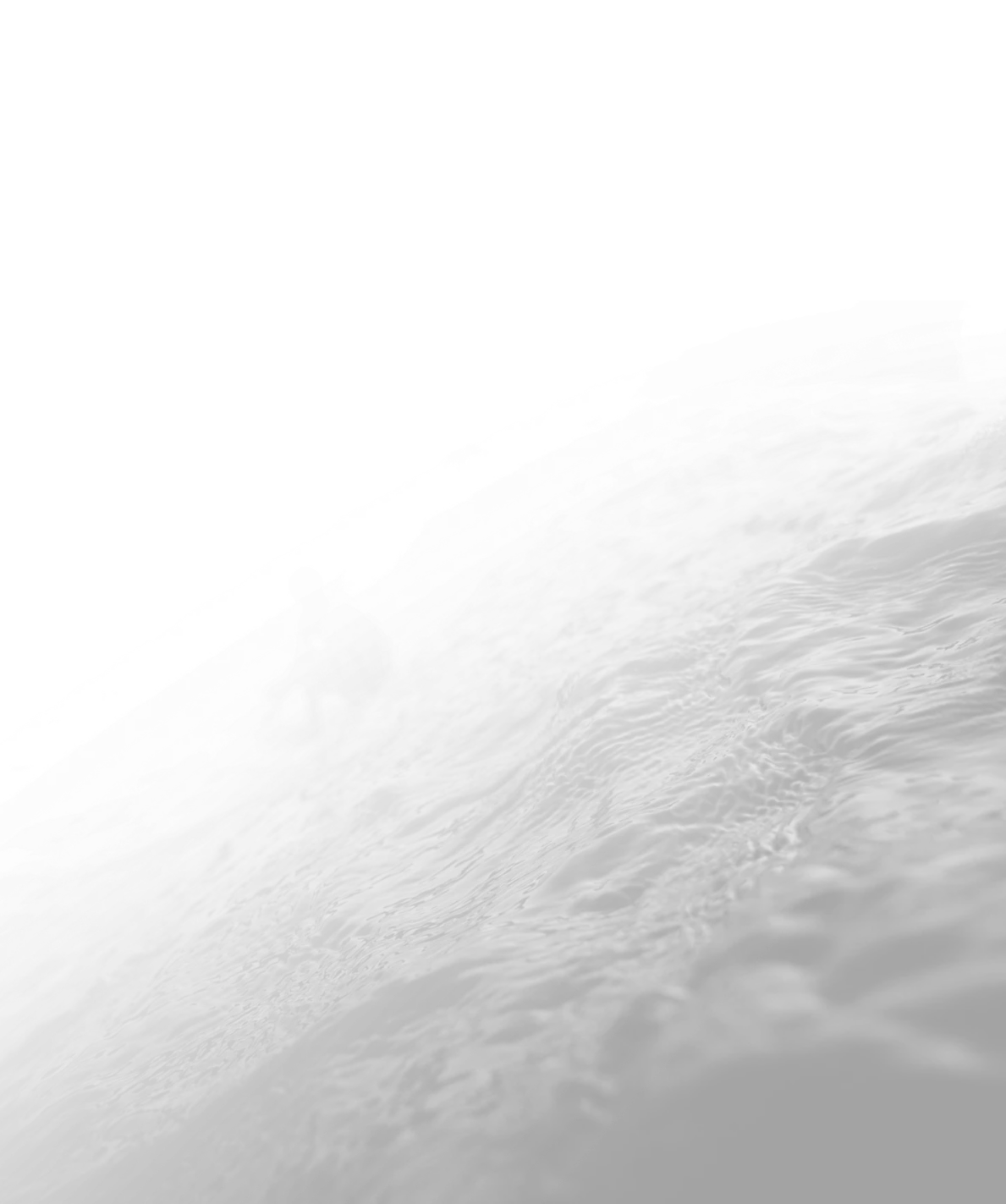Surfers spend a lot of time in the sun and water, making it crucial to protect themselves from harmful UVA and UVB rays. Sun protection for surfers comes in various forms, including sunscreen, lip protection, shirts, rash guards, and wetsuits.
Protecting oneself from UVA and UVB rays is important because these rays can cause skin damage, premature aging, and increase the risk of skin cancer. There are various types of sunscreen based on their composition, let’s understand them first before delving into the best sunscreens for surfers.
Chemical Sunscreens
Chemical sunscreens are formulated with active ingredients such as oxybenzone, octinoxate, avobenzone, and homosalate, which work by absorbing UV rays and converting them into heat before they can penetrate and damage the skin. These sunscreens are often preferred for their lightweight and non-greasy feel on the skin.
However, there are potential environmental and health impacts associated with chemical sunscreens. When washed off into the ocean, oxybenzone and octinoxate have been linked to damaging coral reefs by causing coral bleaching, inhibiting their growth, and disrupting their reproduction. Additionally, these chemicals have been found to interfere with hormone function in marine life.
Oxybenzone and octinoxate are the main chemical culprits in these sunscreens, and efforts are being made to ban their use in certain regions due to their harmful effects on marine ecosystems. As an alternative, mineral sunscreens containing zinc oxide and titanium dioxide offer effective UV protection without the same environmental impact. When choosing a sunscreen, it is important to consider the ingredients and their potential impact on both human health and the environment.
Mineral-based Sunscreen
Mineral Sunscreens, also known as physical sunscreens, contain active ingredients such as Zinc Oxide and Titanium Dioxide that create a physical barrier on the skin to reflect and scatter the sun’s harmful UV rays. This mode of action provides broad-spectrum protection against both UVA and UVB rays. Mineral Sunscreens are often preferred by individuals with sensitive skin, as they are less likely to cause irritation or allergic reactions compared to Chemical Sunscreens.
Key characteristics of Mineral Sunscreens include their natural and gentle formulation, making them suitable for all skin types, including sensitive skin. These sunscreens offer immediate protection upon application and are often water-resistant, making them ideal for outdoor activities. Additionally, Mineral Sunscreens are eco-friendly and do not have a negative impact on marine life or the environment, making them a more sustainable choice.
Compared to Chemical Sunscreens, Mineral Sunscreens are considered safer for the skin and the environment. Chemical Sunscreens, on the other hand, contain active ingredients such as oxybenzone and octinoxate, which have been linked to coral bleaching and ecological harm.
In regions due to their harmful effects on marine ecosystems. As an alternative, mineral sunscreens containing zinc oxide and titanium dioxide offer effective UV protection with same environmental impact. When choosing a sunscreen, it is important to consider the ingredients and their potential impact on both human health and the environment.
Choosing The Best Sunscreen For Surfers
When choosing the best sunscreen for surfing, it’s crucial to consider water resistance, UVA and UVB protection, and the use of non-nano zinc oxide and/or titanium dioxide. Ensuring that the sunscreen is water-resistant is paramount to prevent it from washing off while in the water. Look for broad-spectrum protection to shield against both UVA and UVB rays, and opt for non-nano zinc oxide and/or titanium dioxide for added protection and to avoid potential harm from chemical ingredients.
However, surfers also need to be responsible towards the ocean and keep this in mind when choosing their sunscreen.
Sunscreen chemicals such as oxybenzone and octinoxate are harmful to coral reefs and marine life. These chemicals can cause coral bleaching, disrupt the development of fish and other marine animals, and contribute to the decline of coral reef ecosystems. It is important to avoid sunscreens containing these harmful chemicals to help protect our oceans.
To identify reef-safe sunscreens, look for ones that are labelled as “reef-friendly” or “ocean-friendly.” The key ingredients to look for are non-nano zinc oxide and titanium dioxide. These mineral-based ingredients provide broad-spectrum sun protection without harming coral reefs and marine life. They are considered safe for the environment and are biodegradable, making them the best choice for sunscreen when swimming in the ocean.
5 Best Sunscreens For Sunscreen
Here is a list of sunscreen brands that are popular with surfers:
1. Sun Bum
This sunscreen is highly recommended for surfers due to its water resistance, UVA and UVB protection, and free of Octinoxate and Oxybenzone. This SPF 50 vegan sunscreen provides broad-spectrum protection and is designed to stay on during water activities, making it ideal for surfers.
2. Vertra Face Sticks
This SPF 45 face stick is perfect for surfers as they offer water resistance up to 80 minutes. The convenient stick application makes it easy to apply while on the go, and the non-nano zinc oxide ensures effective sun protection.
3. The OG Surf Durt
The OG SurfDurt sunscreen is a reef-safe zinc sunscreen offering SPF 30 protection. Iis specifically formulated for surfers, providing water resistance and comes in a eco-friendly bamboo container with aluminium lining.
4. We Are Feel Good Inc.
Offering 50+ SPF, this brand of sunscreen offers a variety of sun-protection solutions including lip balms and sunscreens for sensitive skin. The Signature Sunscreen is a favourite among surfers for being non-greasy and offering water resistance for up to 4 hours.
5. Standard Procedure
This sunscreen is preferred by surfers for its 4-hour water resistance and strong broad spectrum UVA and UVB protection. It is absolutely reef-friendly, easily absorbed onto the skin and even suited for children.
Now that you have found the best sunscreen for your surf sessions, how about booking with the best surf camp in Bali? Rapture Surfcamps in Bali awaits you with its stunning location, comfortable accommodation and so much more. Book Now!
Surfers Love Rapture Surfcamps!
FAQs
Sunscreen is crucial for surfers as they are exposed to intense UV radiation from the sun while spending extended periods in the water. It helps protect the skin from sunburn, premature aging, and reduces the risk of skin cancer.
Surfers should choose a sunscreen with a high SPF, ideally SPF 30 or higher. The higher the SPF, the better the protection against UVB rays. Additionally, broad-spectrum protection is essential to shield against both UVA and UVB rays.
Yes, water resistance is crucial. Surfers spend a significant amount of time in the water, and water-resistant sunscreens provide better protection, staying effective even after exposure to water or sweat. Look for “water-resistant” or “very water-resistant” labels.
Both mineral and chemical sunscreens can be suitable for surfers. Mineral sunscreens (zinc oxide, titanium dioxide) sit on the skin and reflect UV rays but are more friendly for the ocean, while chemical sunscreens (avobenzone, octocrylene) absorb and dissipate UV rays. Choose one that suits your skin type and preferences.
Yes, sunscreen can irritate the eyes, especially when exposed to water. To avoid this, choose a sunscreen labeled as “non-comedogenic” or “eye-friendly.” Applying a water-resistant, hypoallergenic sunscreen and wearing a hat or surf hat can also help protect the face and eyes.
Surfers should reapply sunscreen every two hours, or more frequently if they’ve been in the water or sweating heavily. Even water-resistant sunscreens can lose effectiveness over time, so regular reapplication is essential for continued protection.
Use a lip balm or sunscreen specifically designed for lips with a high SPF. Lips are susceptible to sunburn, and protecting them is essential. Reapply lip protection frequently, especially after being in the water.
Yes, there are eco-friendly sunscreens available. Look for products labeled as “reef-safe” or “ocean-friendly,” which means they do not contain harmful chemicals that can harm marine life. Choose sunscreens with biodegradable and environmentally conscious ingredients.


